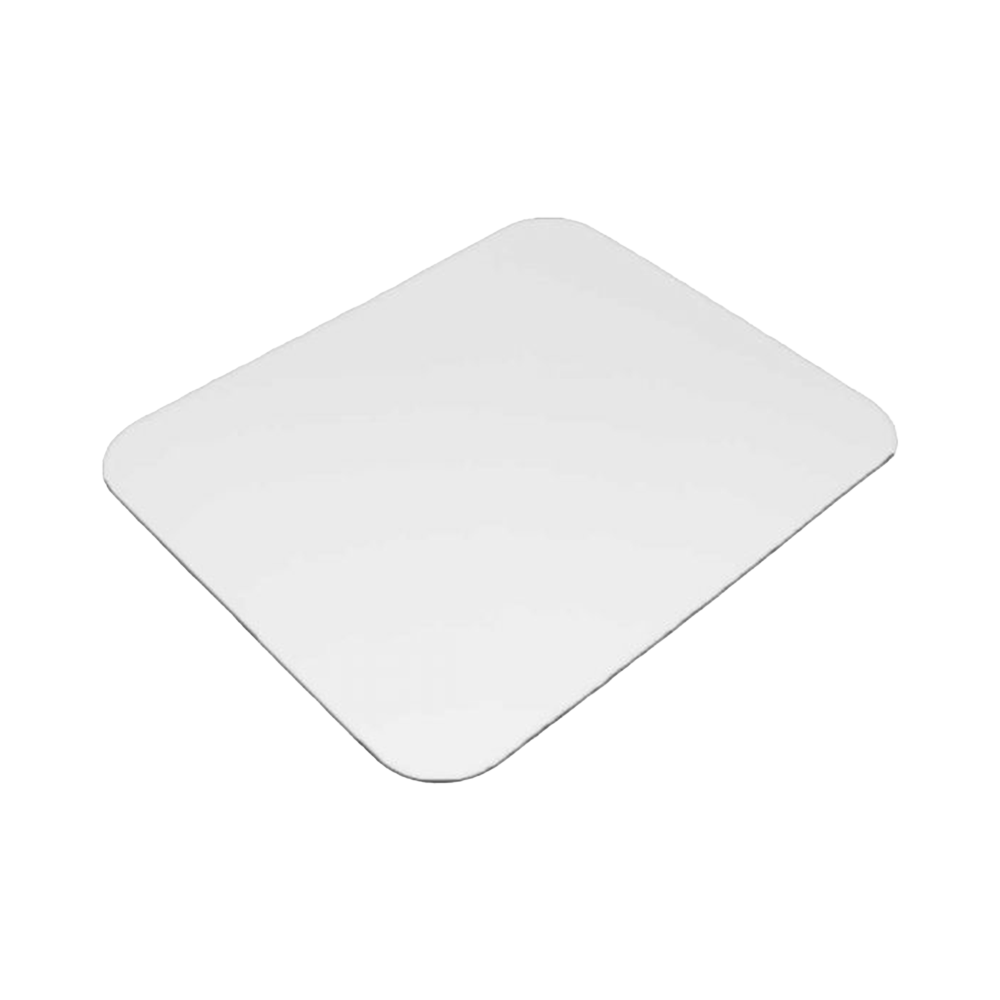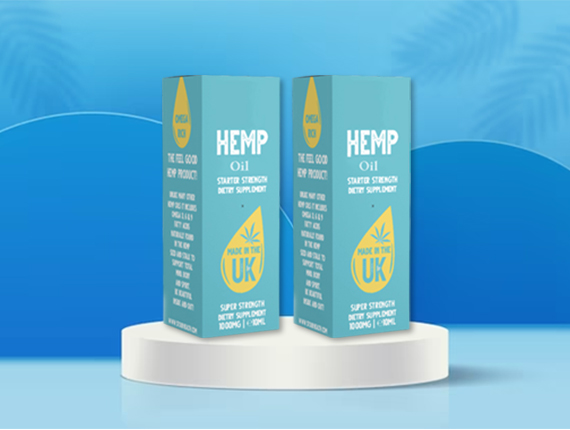Panchakarma is a traditional Ayurvedic detoxification process that helps cleanse the body, mind, and spirit. This ancient therapy is designed to remove toxins (or “ama”) from the body, restore balance, and rejuvenate overall health. It involves various treatments such as oil massages, herbal enemas, and steam therapy, all tailored to each individual’s needs. While Panchakarma is highly beneficial, proper preparation is essential to achieve the best results.
In this blog, we’ll guide you through a complete checklist on how to prepare for Panchakarma detox. Whether you are new to this healing process or have experienced it before, following the right steps will help maximize its effectiveness and make the process smoother.
Note: Looking for a transformative Panchakarma Detox in Dubai? Discover Ayuzen Ayurvedic for personalized detox programs that rejuvenate your body, mind, and spirit. Visit their website today to book your consultation and experience the healing power of Panchakarma!
1. Understand the Basics of Panchakarma Detox
Before diving into preparation, it’s important to understand what Panchakarma detox involves. Panchakarma, which means “five actions” in Sanskrit, refers to five distinct therapeutic treatments that help detoxify and rejuvenate the body. These treatments include:
- Vamana: Therapeutic vomiting to clear excess mucus and toxins.
- Virechana: Purgation therapy that cleanses the digestive tract.
- Basti: Enema therapy for eliminating toxins from the colon.
- Nasya: Nasal administration of medicated oils for clearing sinus passages.
- Raktamokshana: Bloodletting (less commonly used) to cleanse the blood.
These treatments aim to balance the three doshas (Vata, Pitta, and Kapha) in the body, which Ayurveda believes are essential for maintaining good health. To prepare for Panchakarma, you need to get your body ready for these therapies by following specific steps.
2. Consult an Ayurvedic Practitioner
Before starting the Panchakarma detox process, it’s important to consult with a qualified Ayurvedic practitioner. They will evaluate your body type (dosha), current health condition, lifestyle, and any underlying health concerns. This consultation is essential because Panchakarma is not a one-size-fits-all treatment. It’s personalized, and the right approach will depend on your unique needs.
Why a Consultation is Important
- Personalized Detox Plan: An Ayurvedic practitioner will create a tailored Panchakarma plan suited to your body’s constitution and health needs.
- Identify Health Issues: The practitioner can help identify any imbalances or health conditions that may need special attention during the detox process.
- Safe Detox: Consulting with a professional ensures that Panchakarma is safe and beneficial for you, particularly if you have any existing medical conditions.
3. Adjust Your Diet Before Starting
One of the key aspects of preparing for Panchakarma detox is adjusting your diet. Ayurveda places great importance on food and its role in maintaining health. A few days or even weeks before starting your Panchakarma treatment, you’ll need to follow a specific diet that prepares your body for detoxification.
What to Include in Your Pre-Detox Diet
- Warm, Light, and Easily Digestible Foods: Opt for foods like soups, stews, steamed vegetables, and rice. These foods are easy to digest and will help you prepare your digestive system for the detox.
- Spices and Herbs: Incorporate mild Ayurvedic spices such as turmeric, ginger, cumin, and coriander, which are known for their cleansing properties.
- Increase Hydration: Drink plenty of water, herbal teas, and warm water with lemon to help flush out toxins and stay hydrated.
What to Avoid Before Panchakarma
- Heavy or Processed Foods: Avoid foods that are heavy, greasy, or difficult to digest, such as fried foods, processed meats, and dairy products.
- Caffeine and Alcohol: Reduce or eliminate caffeine, alcohol, and stimulants, as these can disrupt the body’s natural detox process.
- Cold Foods and Drinks: Cold food and beverages can slow down digestion, so try to avoid them in the days leading up to your detox.
These dietary changes help your body gently transition into the detox phase and support the internal cleansing process.
4. Follow a Gentle Daily Routine
During the days leading up to Panchakarma, it’s important to follow a gentle daily routine that supports your body’s natural rhythms. Ayurvedic practices suggest that you balance your activity levels, sleep, and work-life balance to make the detox process smoother.
Create a Calming Routine
- Early Rising: Try to wake up early in the morning, around 6 AM, to start your day with a calm and focused mind.
- Yoga and Meditation: Gentle yoga and meditation practices can help calm the mind, improve circulation, and promote relaxation.
- Adequate Sleep: Aim for 7-8 hours of restful sleep each night to support the body’s natural healing process.
- Avoid Overexertion: Refrain from intense physical activity or excessive stress, as this can overwhelm your system during detoxification.
A peaceful and balanced routine helps to prepare both the body and mind for the transformative experience of Panchakarma.
5. Mind Your Mental and Emotional State
Preparing mentally and emotionally is just as important as physical preparation for Panchakarma. The detox process is not only about cleansing the body but also about releasing emotional toxins. Panchakarma can sometimes bring up deep emotions or past memories, so it’s important to be mentally prepared for the process.
Tips for Mental Preparation
- Set Intentions: Before starting Panchakarma, set clear intentions about what you want to achieve from the detox. This could be physical healing, emotional release, or spiritual growth.
- Stay Positive and Open: Keep a positive mindset and remain open to the detox process. Trust that it’s helping you restore balance and health.
- Practice Relaxation: Engage in activities that relax the mind, such as deep breathing exercises, journaling, or spending time in nature.
Mental and emotional readiness allows you to fully benefit from the Panchakarma detox, creating a harmonious connection between your body, mind, and spirit.
6. Prepare for the Panchakarma Treatments
As your Panchakarma treatment approaches, make sure you are fully prepared for the therapies. Some treatments require specific steps, and knowing what to expect will help you feel comfortable during the process.
Pre-Treatment Preparations
- Abhyanga (Oil Massage): You may be required to undergo a daily full-body massage with warm herbal oils. This helps to relax your muscles, stimulate the lymphatic system, and prepare your body for detoxification.
- Swedana (Steam Therapy): Steam therapy may be part of your Panchakarma process, which helps open up the pores and allows toxins to be released. Prepare yourself for regular steam sessions.
- Herbal Remedies: You may be prescribed herbal remedies or oils to support the detox process. Be sure to follow your practitioner’s instructions on how to take them.
Knowing what the treatments involve will help you feel more relaxed and prepared for the process.
7. Arrange for Post-Detox Care
After completing the Panchakarma detox, the rejuvenation process continues, and post-detox care is just as important as the detox itself. Your body may need additional support to fully absorb the benefits of the detox and maintain the results.
Post-Detox Tips for Sustained Benefits
- Continue a Healthy Diet: Follow a light, easy-to-digest diet similar to what you ate during the pre-detox phase. Gradually reintroduce more solid foods as your body adjusts.
- Rest and Relax: After your Panchakarma detox, continue to rest and avoid excessive physical activity to allow your body to heal fully.
- Hydration: Drink plenty of warm water and herbal teas to continue flushing out toxins from your system.
- Avoid Stress: Keep a relaxed and positive outlook as you adjust back to your regular routine. The less stress you experience, the better the results of your detox.
Proper post-care helps your body retain the benefits of Panchakarma, ensuring that you feel revitalized and balanced for weeks or months after your treatment.
Conclusion: The Path to Rejuvenation with Panchakarma Detox
Preparing for Panchakarma detox involves more than just booking an appointment—it requires careful physical, mental, and emotional preparation to make the most of the experience. By following this checklist, you can ensure a smoother, more effective detox journey that supports your overall health and well-being. From understanding the treatment process to making dietary changes and setting clear intentions, these steps will help you maximize the benefits of Panchakarma detox.
Embrace the process with patience, and you’ll likely see improvements in your energy levels, digestion, mental clarity, and emotional balance. Remember, Panchakarma is not just about detoxing the body; it’s a holistic approach to improving your health, and with proper preparation, you’re setting yourself up for long-term rejuvenation.
For more insightful articles related to this topic, feel free to visit asiantravelblogs.com/



